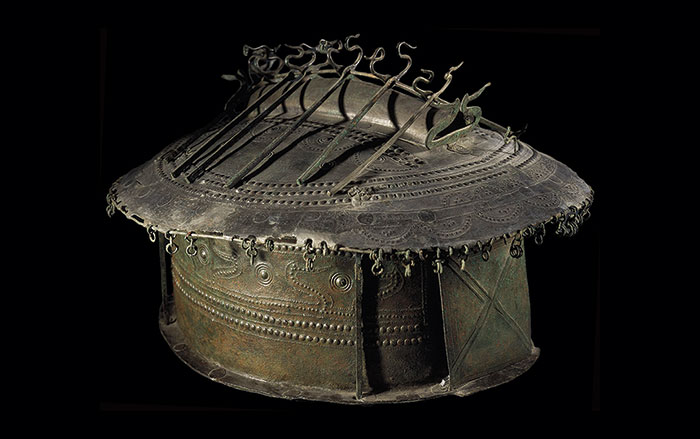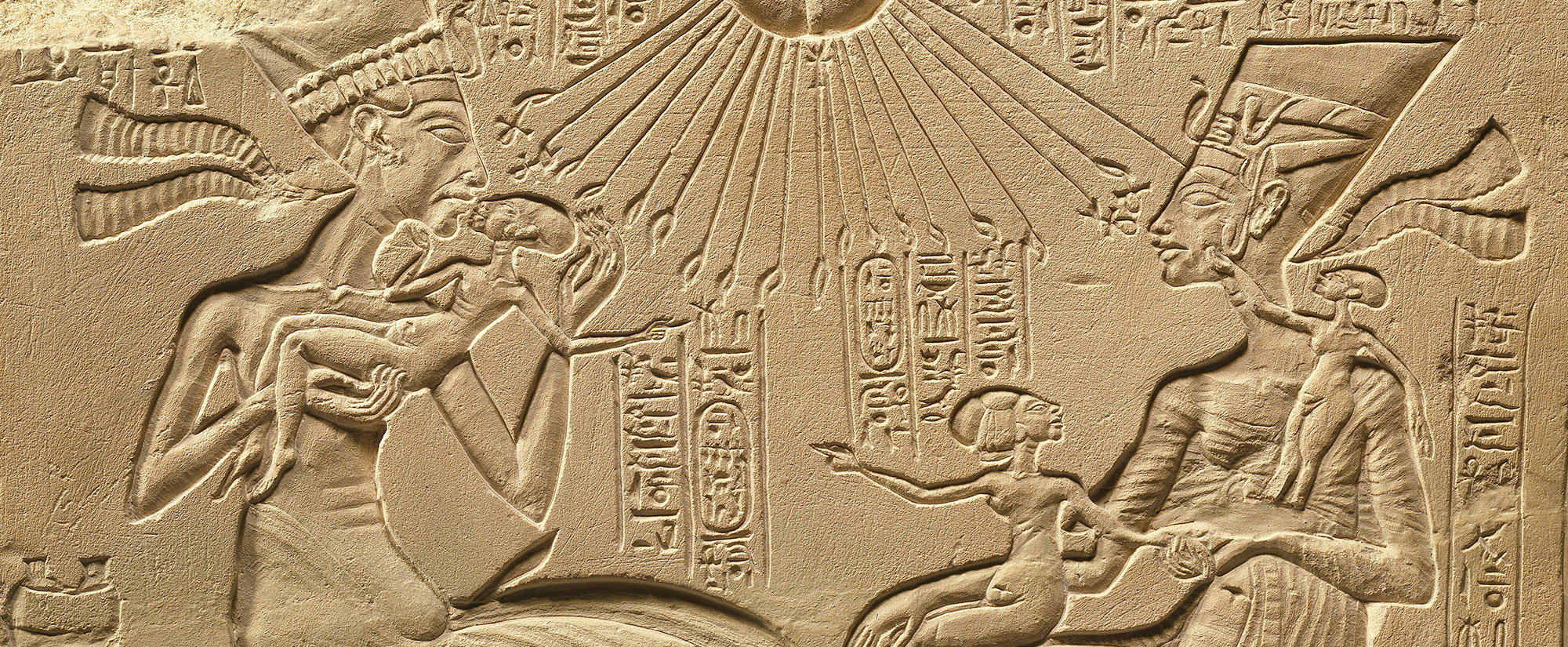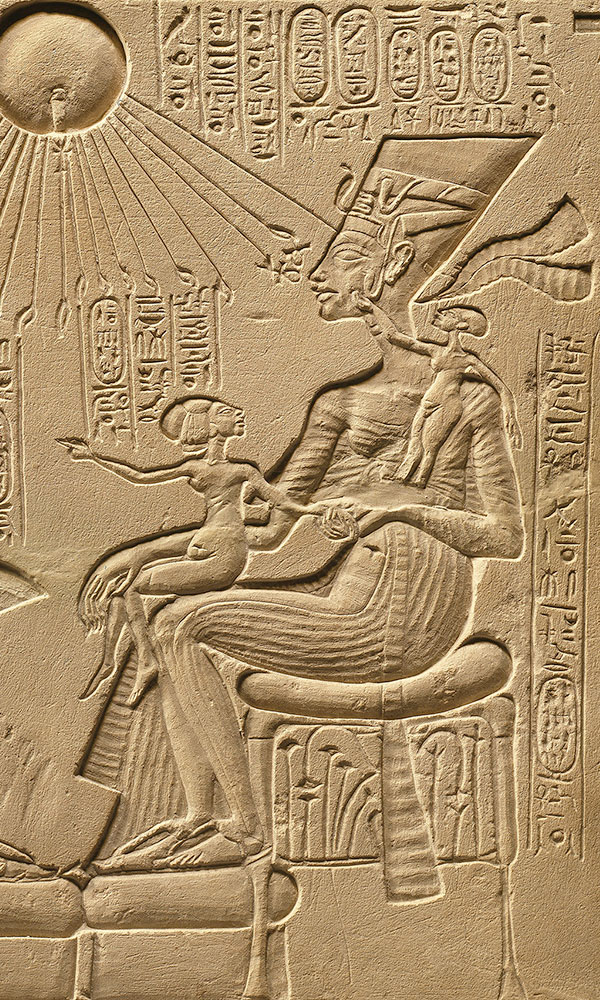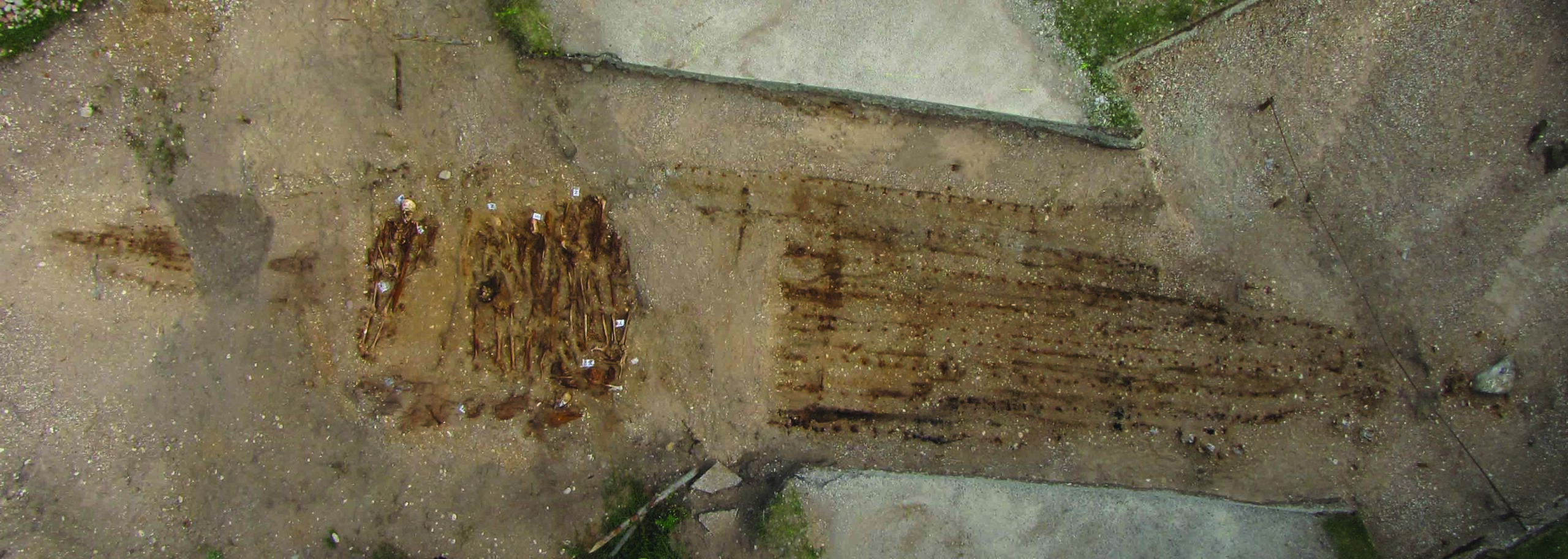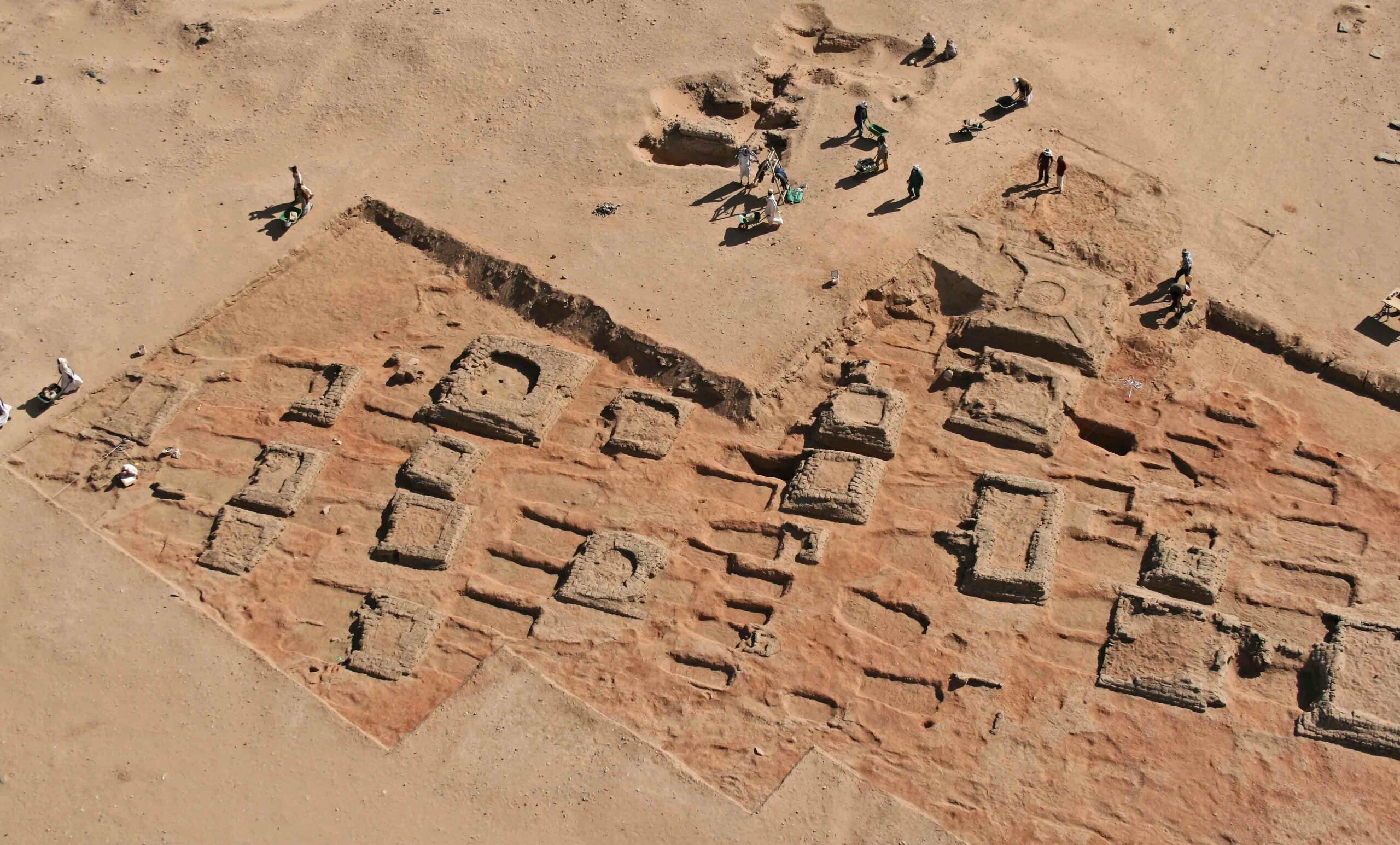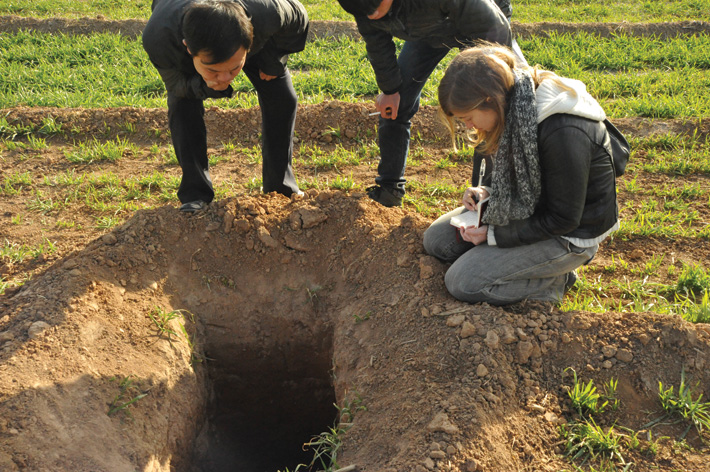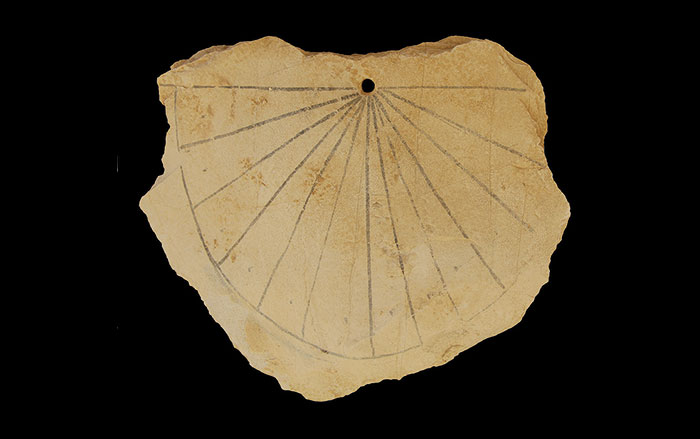
BOISE, IDAHO—In January of 1863, Colonel Patrick Connor and 200 soldiers attacked a village of Northwestern Shoshone men, women, and children living along the Bear River in southeastern Idaho. When it was over, only 120 Shoshone survived—estimates range between 240 and 500 people were killed. “In terms of the documented number of people it’s the largest number in all the western Indian wars,” said state archaeologist Ken Reid. The National Park Service’s Battlefield Protection Program has awarded the Idaho State Historical Society a grant to survey and map the massacre site with metal detectors and ground-penetrating radar. “What I want to find is the footprint of the 68 Shoshone winter lodges. That’s where most of the fighting and most of the killing occurred,” Reid said.





